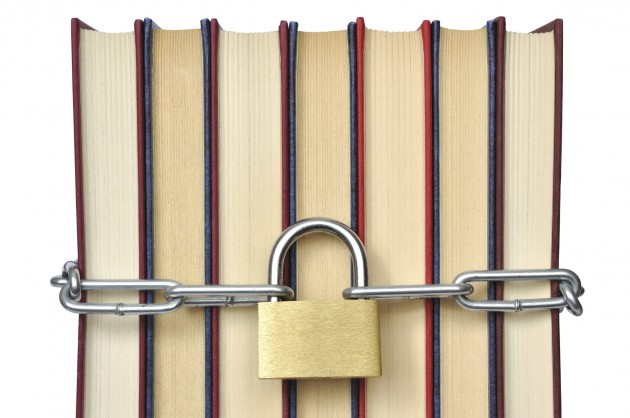Analysis
The banned pages of a Libyan narrative
Twenty-five of the authors and curators of Through the Glass Window Shines the Sun: An Anthology have been victims of attacks and death threats on national media and social networks because the collection contains songs dating back to the 2011 Revolution.

In 1988, the Indian writer Salman Rushdie was sentenced to death with a fatwa issued by the Ayatollah Khomeini for the content of his most famous book Satanic Verses. After some time, a reward was offered on his head, furthering the attacks that targeted the book’s translators as well: the Japanese Hitoshi Igarashi was killed, and the Italian Hector Capriolo was wounded.
After almost 30 years, verbal violence can be a censorship tool with the same power, thanks to the power of the internet: In 2017 in Libya, 25 authors and curators of Through the Glass Window Shines the Sun: An Anthology, have been victims of attacks and death threats on national media and social networks. The indicted book — published by the London-based Darf Publishers with the British Council and the Arete Foundation — is a collection of narrative excerpts dating back to the 2011 Revolution. Yet, already in 2012, when it was published, the volume had been subject to a prior review by its curators Khaled Mattawa and Laila Moghrabi before presenting it at the International Book Fair in Cairo.
On Aug. 24, the volume was presented in Zawiya, a conservative Libyan town where, according to some, “you would never want to be seen with a book in your hands.” After arresting the event’s coordinator (he was released the following day) and ordering the closure of the library where the symposium was held, the Libyan militia set up interrogations for participants to the event.
“The Scandal Stone” seems to be one of the texts contained in the anthology, an extract from Ahmad al-Bokhari’s Kashan novel, which tells — in a colloquial and colorful Arabic — the heartaches of a group of young Libyans in love with the same girl. The narrator’s impudent and trivial voice is that of a street child that leaves nothing to the imagination of the reader. Al-Bokhari’s hyper-realism chooses to describe Libyan society with the language of emerging generations.
Defined as “dangerous for public morality and threatening to the integrity of Islam” because of the story’s content, the whole novel was subjected to censorship later by the Libyan authorities. Many of the online attacks — the most cruel ones — were directed at the writers. They are accused of being careless for having accepted to publish their work in the same collection as the extract of al-Bokhari’s novel, before reading its contents.
Libyan blogger Khadeja Hussein has reported that these events have triggered a stance by many fellow countrymen who denounce all posts inciting violence to Pen International, a non-governmental organization of writers committed to defending the rights of intellectuals around the world. This NGO expressed its concern about the condition of the authors, who have had to run away with their families and hide.
Originally published at https://ilmanifesto.it/le-pagine-vietate-della-narrativa-libica/ on
